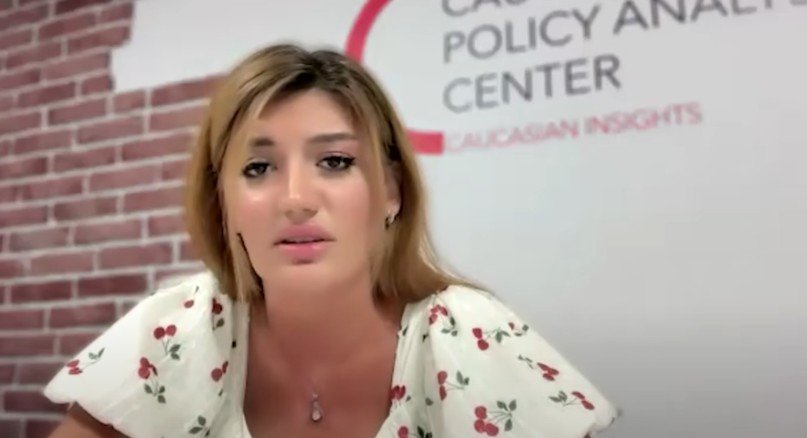Baku, September 5, 2025
Azerbaijani analyst Elmira Talyibzade, speaking in an interview with Daily Europe Online, argued that recent developments around the Shanghai Cooperation Organization (SCO), the liquidation of the OSCE Minsk Group, and the dispute over compensation for the downing of an AZAL passenger plane highlight a deepening crisis in Azerbaijan–Russia relations and a shift in South Caucasus diplomacy.
SCO Blockade and Russia’s Hidden Hand
Talyibzade noted that while public discussion initially focused on India’s opposition to Azerbaijan’s SCO membership, diplomatic leaks revealed that Moscow also played a behind-the-scenes role in blocking Baku’s accession.
“Russia initiated consultations with India, letting New Delhi front the veto while remaining in the shadows,” she said, calling this a sign of Moscow’s attempt to preserve its leverage in Eurasia without openly crossing Beijing, which supported Azerbaijan’s bid.
End of the Minsk Group Era
Equally significant, she argued, was the official dissolution of the OSCE Minsk Group, long tasked with mediating the Nagorno-Karabakh conflict. According to Talyibzade, the joint appeal by the foreign ministers of Armenia and Azerbaijan to disband the structure demonstrated “major progress in the peace process” and opened the way for a formal treaty. “For the first time in three decades, the international community recognized that the conflict is no longer frozen but resolved,” she said.
Russia’s Position on AZAL Tragedy Compensation
Turning to the fallout from the January 2025 downing of an Azerbaijan Airlines (AZAL) flight, Talyibzade criticized Russia’s Ministry of Foreign Affairs for conflating routine insurance payouts with state compensation.
“These are technical insurance obligations, not an acknowledgment of guilt. Baku is demanding direct responsibility from the Russian government,” she stressed, citing provisions of the Montreal Convention that could require payments of over $200,000 per victim.
Strained Bilateral Relations
The analyst described the brief handshake between Presidents Vladimir Putin and Ilham Aliyev in Beijing as symbolic of the lowest point in bilateral ties. She argued that Moscow’s tactics — from the SCO veto to downplaying the AZAL case — reflect “a willingness to use collective diplomacy to restrain Azerbaijan’s independent foreign policy.”
A Shift Toward New Partnerships
In her view, these pressures are accelerating Azerbaijan’s search for multi-vector alternatives.
“The blockade is both a challenge and an opportunity. It pushes Baku toward deeper engagement with China, Turkey, Central Asia, and potentially even the West,” Talyibzade said.
If Russia maintains its current approach, she warned, it risks eroding its remaining influence in the South Caucasus as Azerbaijan strengthens its role in the emerging Greater Caspian region.


